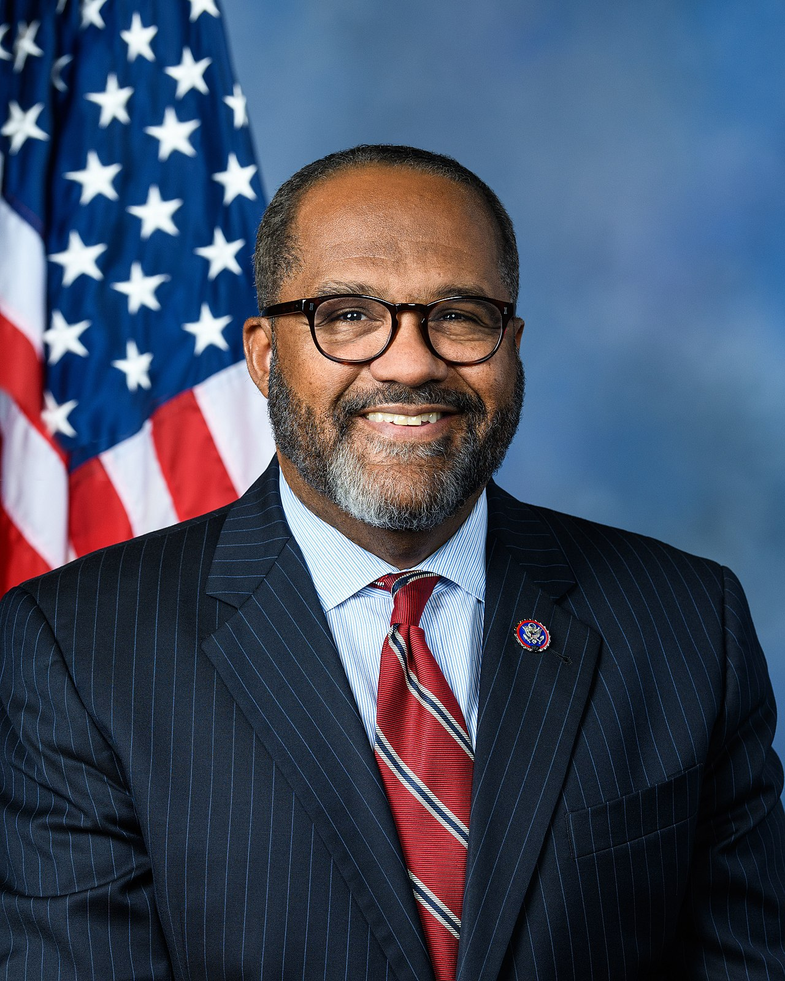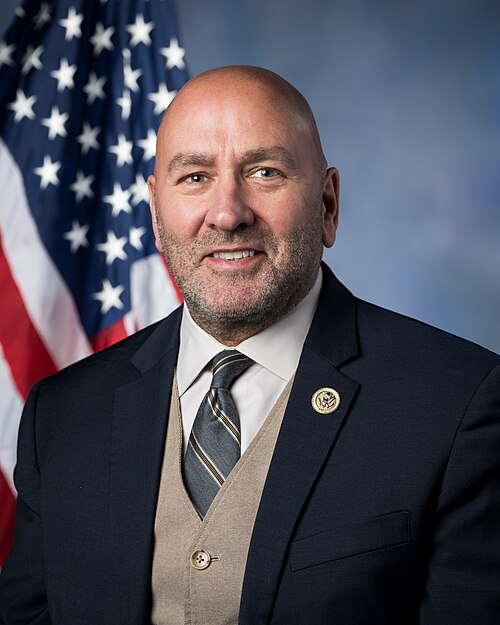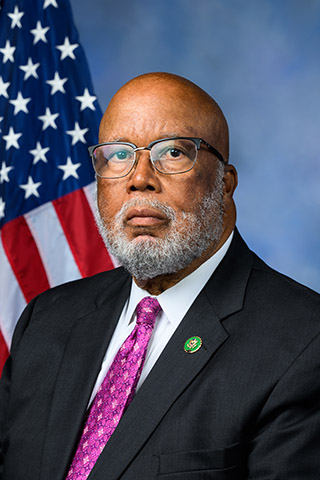H.R. 1374: Securing the Cities Improvement Act
This bill, known as the Securing the Cities Improvement Act, aims to make updates to the Securing the Cities (STC) program, which is part of the Homeland Security Act of 2002. The main objectives of the bill are as follows:
1. Clarification of Program Eligibility
The bill proposes changes to the language that defines which regions can participate in the STC program. Specifically, it removes the phrase "high-risk urban areas" and replaces it with "jurisdictions designated under subsection (c)." This means that the eligibility for the program will be determined by certain criteria outlined in the legislation rather than a general classification.
2. Establishment of Performance Metrics
It calls for the creation of specific metrics and milestones to assess the performance of the STC program. This includes:
- Tracking how funds are spent within the program.
- Monitoring performance against established metrics and milestones.
3. Assessment Criteria for Jurisdictions
The bill amends how jurisdictions are evaluated for their capability and capacity regarding preparedness and response. Instead of solely using the previous high-risk area designation, jurisdictions will now be assessed based on:
- The capability and capacity to prepare for and respond to potential threats.
- The relative threat and vulnerability to terrorist attacks and other significant events involving nuclear or radiological materials.
- The potential consequences facing the jurisdiction in these scenarios.
4. Reporting Requirements
Another requirement of the bill is that within two years of its enactment, the Secretary of Homeland Security must submit a report to Congress. This report will cover:
- Participation statistics in the STC program.
- The establishment of performance metrics and milestones.
- Performance results compared to those metrics and milestones.
- Any proposed changes to improve the STC program.
Overall Impact
The bill is designed to enhance the effectiveness of the STC program by ensuring that funding is effectively monitored and that jurisdictions can be better evaluated for their preparedness against potential threats. The revisions aim to create a more structured and accountable program that aligns with the evolving landscape of security threats.
Relevant Companies
- None found
This is an AI-generated summary of the bill text. There may be mistakes.
Sponsors
3 bill sponsors
Actions
10 actions
| Date | Action |
|---|---|
| Mar. 11, 2025 | Received in the Senate and Read twice and referred to the Committee on Homeland Security and Governmental Affairs. |
| Mar. 10, 2025 | Considered under suspension of the rules. (consideration: CR H1056-1057) |
| Mar. 10, 2025 | DEBATE - The House proceeded with forty minutes of debate on H.R. 1374. |
| Mar. 10, 2025 | Motion to reconsider laid on the table Agreed to without objection. |
| Mar. 10, 2025 | Mr. Green (TN) moved to suspend the rules and pass the bill. |
| Mar. 10, 2025 | On motion to suspend the rules and pass the bill Agreed to by voice vote. (text: CR H1056) |
| Mar. 10, 2025 | Passed/agreed to in House: On motion to suspend the rules and pass the bill Agreed to by voice vote. (text: CR H1056) |
| Feb. 14, 2025 | Introduced in House |
| Feb. 14, 2025 | Referred to the House Committee on Homeland Security. |
| Feb. 14, 2025 | Referred to the Subcommittee on Emergency Management and Technology. |
Corporate Lobbying
0 companies lobbying
None found.
* Note that there can be significant delays in lobbying disclosures, and our data may be incomplete.
Potentially Relevant Congressional Stock Trades
No relevant congressional stock trades found.


